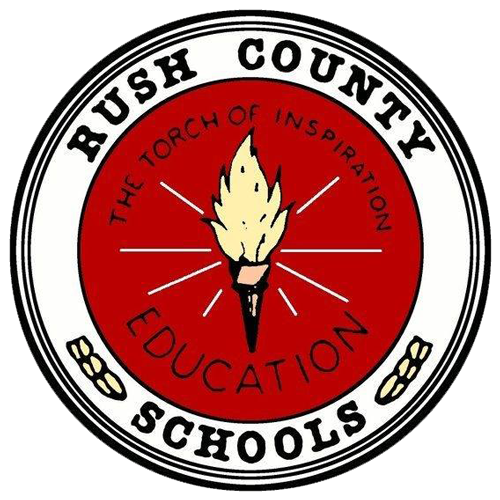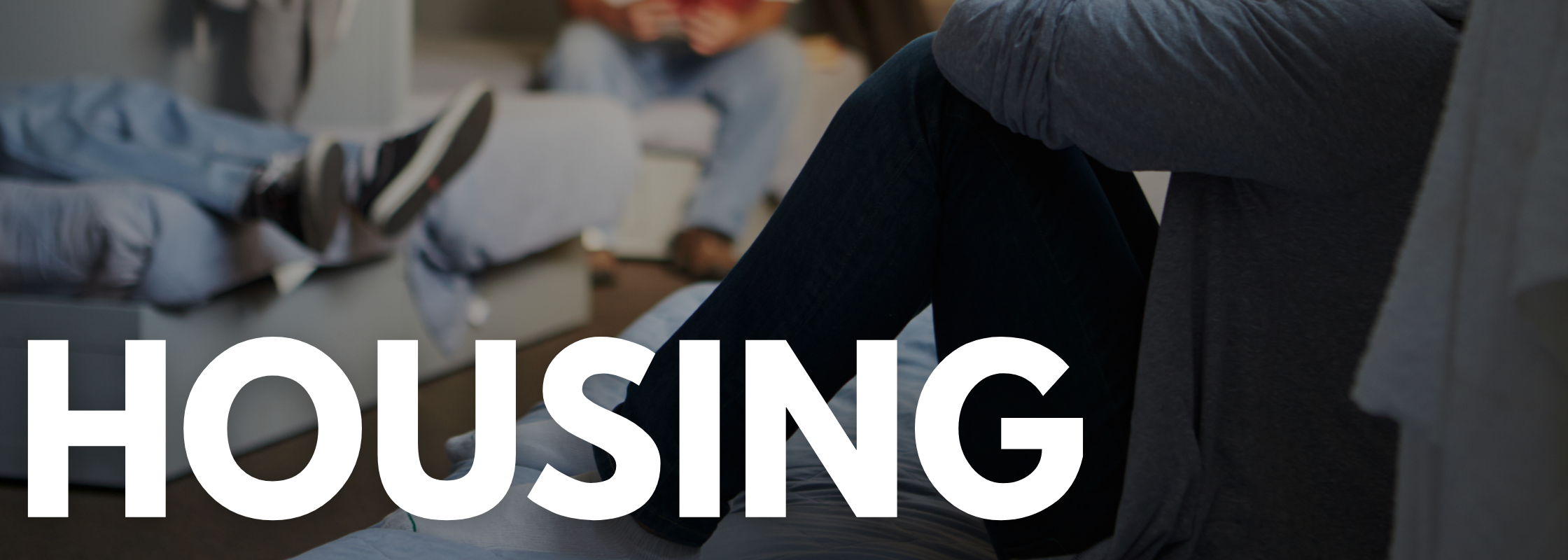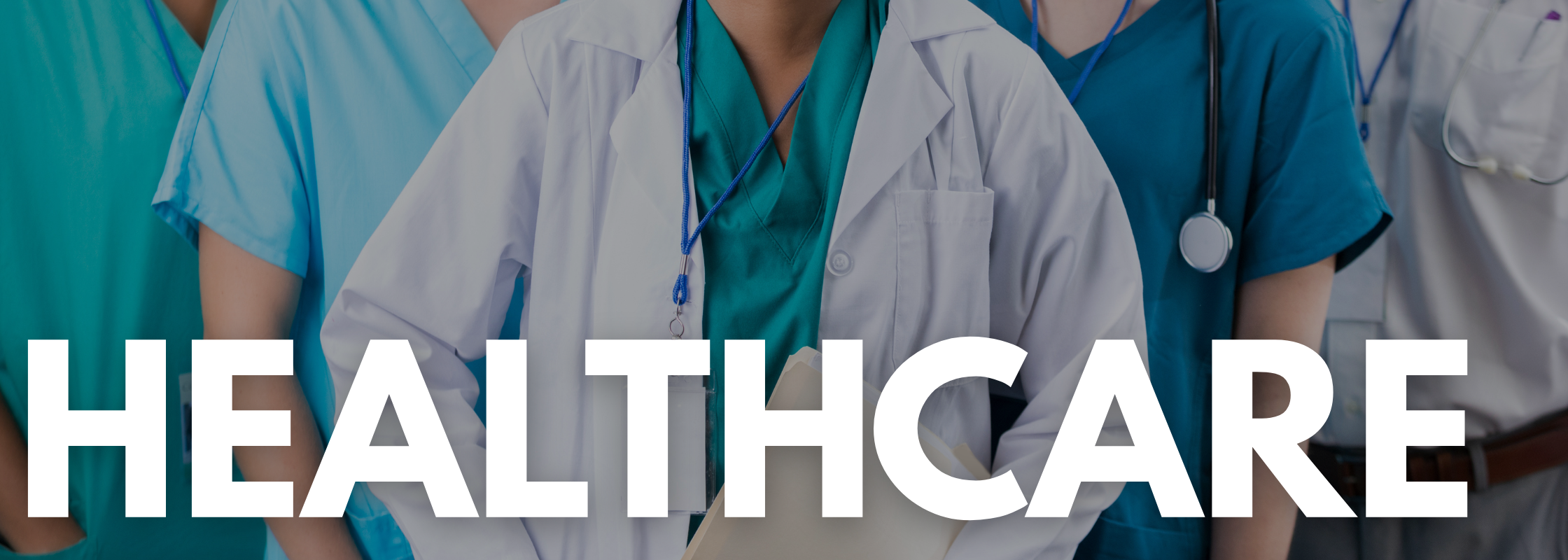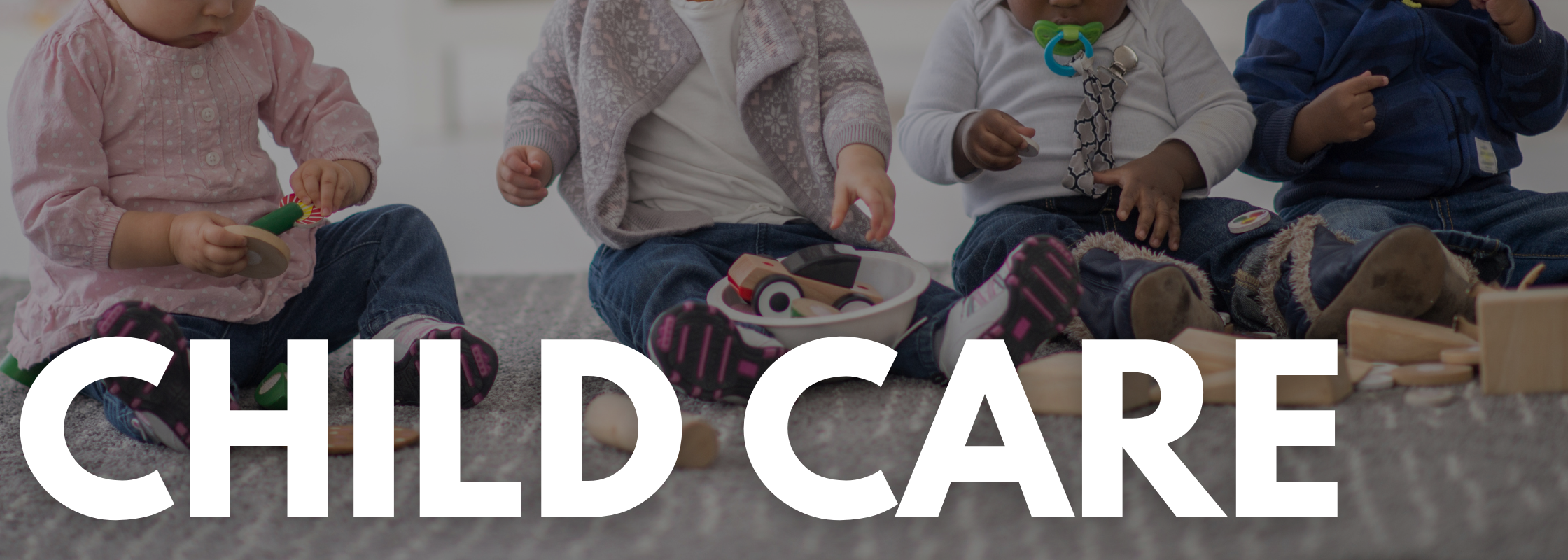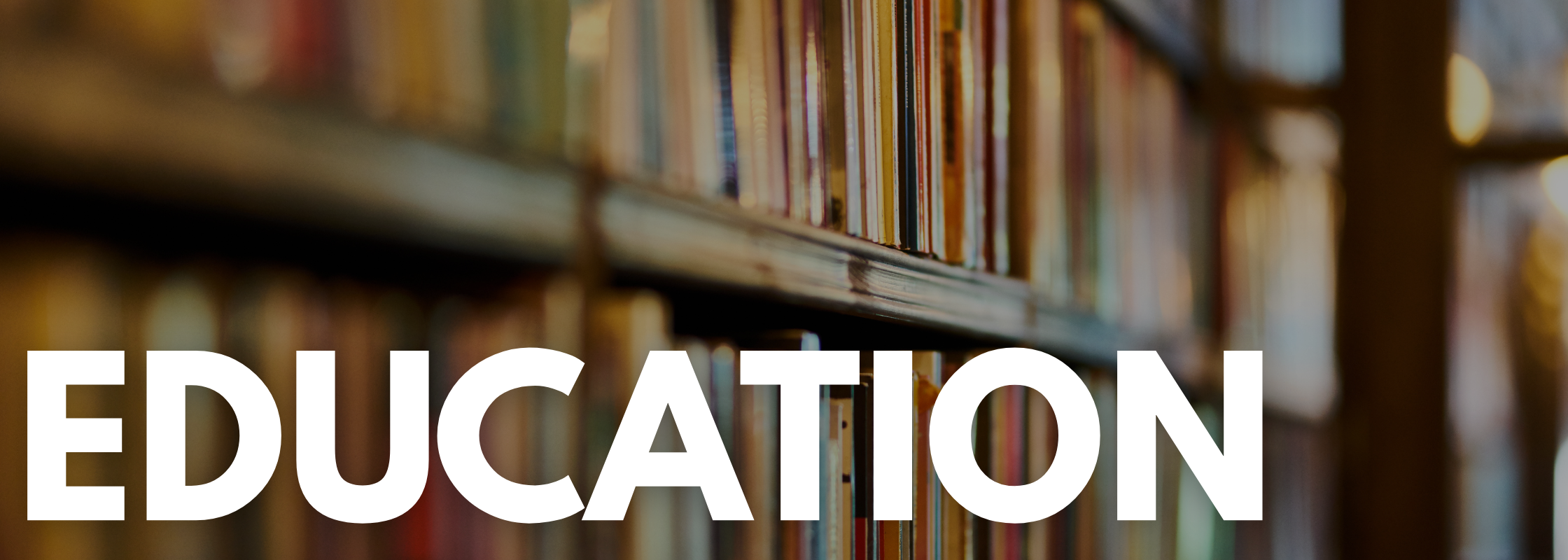Life can present unexpected challenges, and here at Rush County Schools, we want every family to feel supported, secure, and ready to thrive. This page is designed to be a central hub where Rush County families can quickly and easily find essential community resources. We know that seeking help can sometimes be difficult, but please know that you are not alone. Whether you're looking for information on food assistance, financial support, safe shelter, or other critical needs, we've gathered and organized these resources to help ease your burden and connect you with compassionate partners in our community. We are here to support your family's well-being so your student can focus on learning and growing!
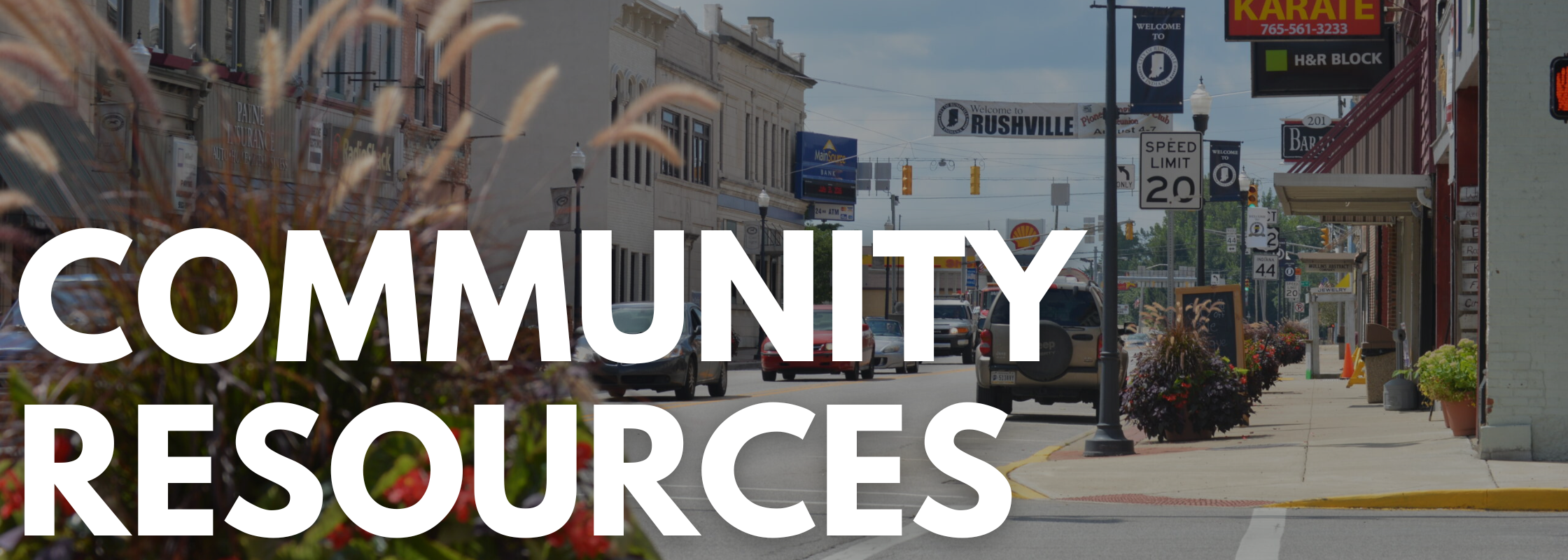
We are here for you.
You Are Not Alone: Crisis and Mental Health Support
Suppose you or someone you know is facing difficult times, whether related to housing, family stress, school challenges, or life itself. In that case, it is completely understandable that feelings of despair, anxiety, or even suicidal thoughts may arise. If you are struggling, please know that you are not a burden, and help is available. You do not have to carry this alone. There are trained, compassionate people ready to listen and provide confidential support 24 hours a day, 7 days a week.
Text HOME to 741741 for the Crisis Text Line
Call or Text 988 for the Suicide & Crisis Lifeline
Ensuring Educational Stability: The McKinney-Vento Act
The McKinney-Vento Homeless Assistance Act is a critical federal law designed to protect the educational rights of children and youth experiencing homelessness. Its core purpose is to remove barriers to enrollment, attendance, and success in school, ensuring that students facing housing instability have a fair chance to receive a quality education.
Who is Covered by McKinney-Vento?
The Act defines "homeless" broadly as individuals who lack a "fixed, regular, and adequate nighttime residence." This includes students living in:
Shared Housing: Staying with friends or relatives due to loss of housing or economic hardship (often called "doubled-up").
Shelters: Emergency or transitional shelters.
Motels/Hotels: Living in motels, hotels, trailer parks, or campgrounds due to a lack of other adequate accommodations.
Public/Unsafe Spaces: Living in cars, parks, public spaces, abandoned buildings, or other substandard housing.
Unaccompanied Youth: Children or youth not in the physical custody of a parent or guardian.
McKinney-Vento Student Rights
The McKinney-Vento Act provides a legal safety net so that a student's educational life can remain as normal and stable as possible, regardless of their family's current living situation.

Mr. James Zachery
McKinney-Vento Liaison
